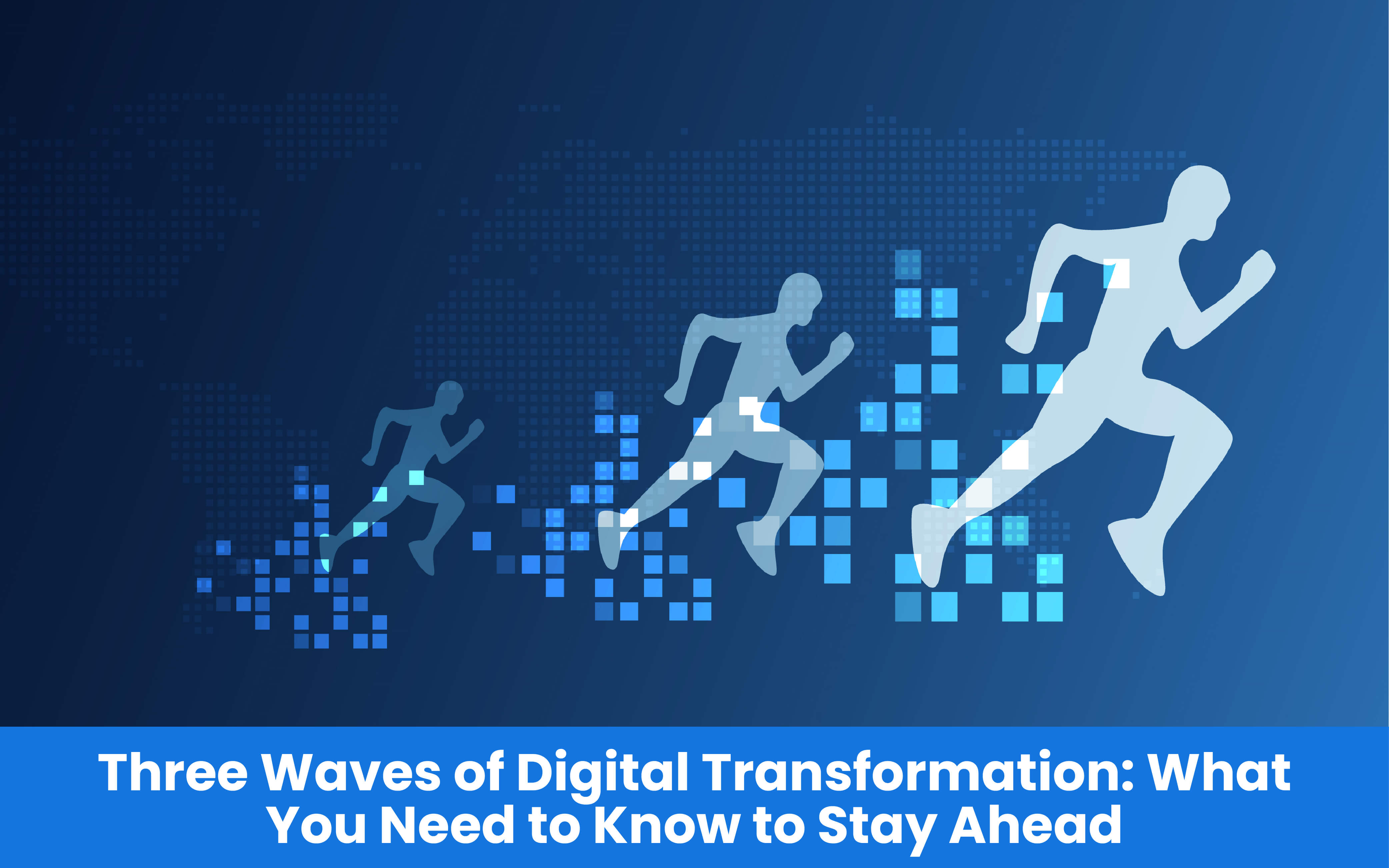Blogs
To know about all things Digitisation and Innovation read our blogs here.
Digital Transformation
How AIOps and DevOps Enable Successful Digital Transformation?
SID Global Solutions
10 March 2023

Introduction
Digital transformation is a crucial initiative for modern businesses that want to stay ahead of the competition and stay relevant in today’s fast-paced digital landscape. However, this transformation comes with its own set of challenges, particularly when it comes to managing complex IT environments. This is where AIOps and DevOps come in – they are two powerful methodologies that can help organizations to successfully achieve their digital transformation goals.
In this comprehensive guide, we will explore the relationship between AIOps, DevOps, and digital transformation. We will look at how these methodologies can be used together to enable successful digital transformation, and provide practical tips and advice for organizations looking to implement them.
Also Read: The Top 10 Kubernetes Alternatives You Need to Know About
Understanding AIOps and DevOps
Before we dive into how AIOps and DevOps can help with digital transformation, it’s important to understand what these methodologies are and how they work.
AIOps is the application of artificial intelligence and machine learning to IT operations. It is designed to automate and enhance IT operations processes, making them more efficient and effective. AIOps leverages big data and analytics to identify patterns and anomalies in IT data, enabling IT teams to proactively identify and resolve issues before they become major problems.
DevOps, on the other hand, is a set of practices that combines software development and IT operations. It emphasizes collaboration and communication between development and operations teams, as well as automation and continuous delivery. DevOps is designed to help organizations release high-quality software quickly and efficiently, while maintaining stability and reliability.
The Benefits of AIOps and DevOps for Digital Transformation
Now that we have a better understanding of what AIOps and DevOps are, let’s look at how they can enable successful digital transformation.
Streamlined Operations: One of the biggest benefits of AIOps and DevOps is that they can help to streamline IT operations. AIOps automates many of the manual processes involved in IT operations, such as monitoring, alerting, and incident response. This reduces the workload for IT teams, enabling them to focus on more strategic tasks.
DevOps, meanwhile, enables teams to work more efficiently by automating many of the processes involved in software development and deployment. By automating testing, building, and deployment processes, DevOps can help teams to release software faster and more reliably.
Improved Visibility and Control: AIOps and DevOps also provide improved visibility and control over IT operations. AIOps provides real-time visibility into IT data, enabling IT teams to quickly identify and respond to issues. DevOps, meanwhile, provides visibility into the entire software development lifecycle, from planning and development to deployment and monitoring.
This improved visibility and control can help organizations to make more informed decisions about their IT and software development initiatives, and respond more quickly to changing business needs.
Also Read: Digital Skills for Improved Collaboration & Communication in Digital Transformation
Enhanced Collaboration: Another key benefit of AIOps and DevOps is that they enhance collaboration between teams. AIOps can help to break down silos between different IT teams, enabling them to work more collaboratively. DevOps, meanwhile, encourages collaboration between development and operations teams, promoting a culture of shared responsibility.
By fostering collaboration between teams, AIOps and DevOps can help to ensure that everyone is working towards the same goals and that there are no bottlenecks or delays in the software development and deployment process.
Implementing AIOps and DevOps for Digital Transformation
Now that we have explored the benefits of AIOps and DevOps for digital transformation, let’s look at how organizations can implement these methodologies.
Identify Business Goals and Objectives: The first step in implementing AIOps and DevOps for digital transformation is to identify business goals and objectives. This will help to ensure that the organization is focusing on the right initiatives and that the implementation of AIOps and DevOps is aligned with the broader goals of the organization. It’s important to involve key stakeholders in this process, including business leaders, IT leaders, and development teams.
Assess Current Processes and Infrastructure: The next step is to assess current IT processes and infrastructure. This will help to identify areas where AIOps and DevOps can be implemented to streamline operations and improve visibility and control. It’s important to take a holistic view of the IT environment, including infrastructure, applications, and data.
Develop a Roadmap: Based on the business goals and the assessment of the current IT environment, organizations should develop a roadmap for implementing AIOps and DevOps. This should include a detailed plan for implementing the necessary tools and processes, as well as a timeline for implementation.
Invest in the Right Tools and Technologies: AIOps and DevOps both require the use of specialized tools and technologies. Organizations should invest in the right tools and technologies to support these methodologies, including automation tools, monitoring tools, and analytics tools.
Build a Culture of Collaboration and Continuous Improvement: Finally, it’s important to build a culture of collaboration and continuous improvement. This means fostering a culture where development and operations teams work together closely, and where there is a focus on constantly improving processes and systems. This requires a commitment from senior leaders to promote this culture, and to provide the necessary resources and support.
Also Read: Digital Transformation: How a Modern Tech Stack Can Drive Success?
Conclusion
AIOps and DevOps are powerful methodologies that can help organizations to achieve successful digital transformation. By automating processes, providing improved visibility and control, and fostering collaboration, these methodologies can help organizations to streamline operations, release software more quickly and reliably, and respond more quickly to changing business needs.
To implement AIOps and DevOps successfully, organizations need to identify their business goals and objectives, assess their current IT environment, develop a roadmap, invest in the right tools and technologies, and build a culture of collaboration and continuous improvement. By doing so, organizations can position themselves for success in today’s fast-paced digital landscape.









